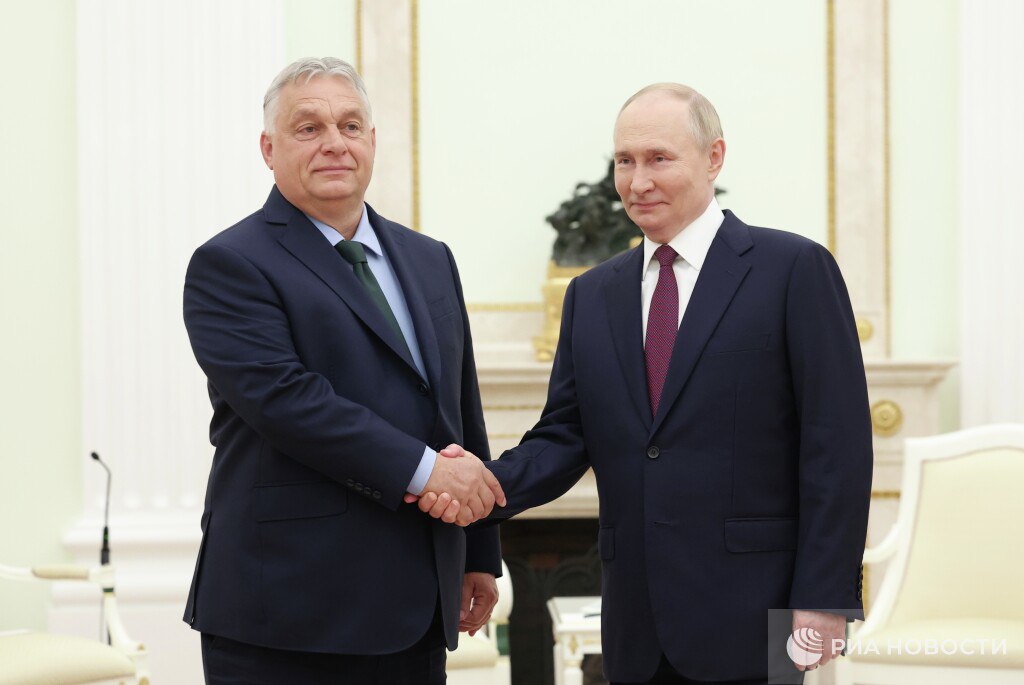EU Commission limits participation in Hungarian presidency events after Orbán’s visits to Russia and China
Commission President Ursula von der Leyen decided to limit European Commission’s participation in Hungary's EU presidency events, in response to Prime Minister Viktor Orbán's self-described “peace mission” to Kyiv, Moscow and Beijing.


The head of the European Commission, Ursula von der Leyen, canceled the visit of the European Commission Collegium to Hungary and lowered the level of representation at informal meetings of the EU Council under the Hungarian presidency.
This decision follows the Hungarian Prime Minister Viktor Orbán’s visits to Kyiv, Moscow and Beijing in his so-called “peace mission”, which drew criticism from EU member states about Hungary’s alignment with EU policies and values.
Eric Mamer, spokesman for the European Commission president, announced the decision of the European Commission head Ursula von der Leyen
In response to the Commission’s announcement, Hungary’s Minister for European Union Affairs, Bóka János, expressed his country’s commitment to “sincere cooperation” with EU member states and institutions.
He also noted that the European Commission is an EU institution, and it does not have the authority to selectively choose which member states or institutions it collaborates with.
Reactions to Orbán’s controversial visits
In protest against Hungarian Prime Minister Viktor Orbán’s recent meeting with Russian President Vladimir Putin, six EU states, including Sweden, Finland, Estonia, Latvia, Lithuania, and Poland, decided not to send ministers to Hungary’s EU presidency meetings.
After he met with Putin, Viktor Orbán wrote to the European Council President and other EU leaders, promoting a peace plan for Ukraine aligned with Russian interests and echoing Russian propaganda. This plan, rejected by Ukraine’s President Zelenskyy, includes a temporary ceasefire and potential peace negotiations based on the Russian terms.
The timing of his visit to Russia was also called into question, as it was followed by Russian troops bombing a children’s hospital in Kyiv.
While Budapest maintains that these diplomatic engagements were conducted within the framework of bilateral relations, critics argue that the use of the official logo of the Hungarian EU presidency during these visits suggests an abuse of power and disloyalty to EU interests, according to Euronews.
On 11 July, Hungarian opposition leader Péter Magyar visited Kyiv, paying tribute to Ukrainian defenders and condemning Russia’s attack on Okhmatdyt Children’s Hospital, contrasting Prime Minister Viktor Orbán’s approach.
The Hungarian presidency of the Council of the European Union began on 1 July and is set to continue until 31 December.
Related:
- Ukraine rejects Orban’s ceasefire proposal during Kyiv talks
- Hungarian Prime Minister Orbán officially arrives in Moscow
- Orbán meets Putin: Ukraine and Russia’s positions “very far apart”
- “Peace Mission 3.0”: Hungarian Prime Minister Orban arrives in Beijing



